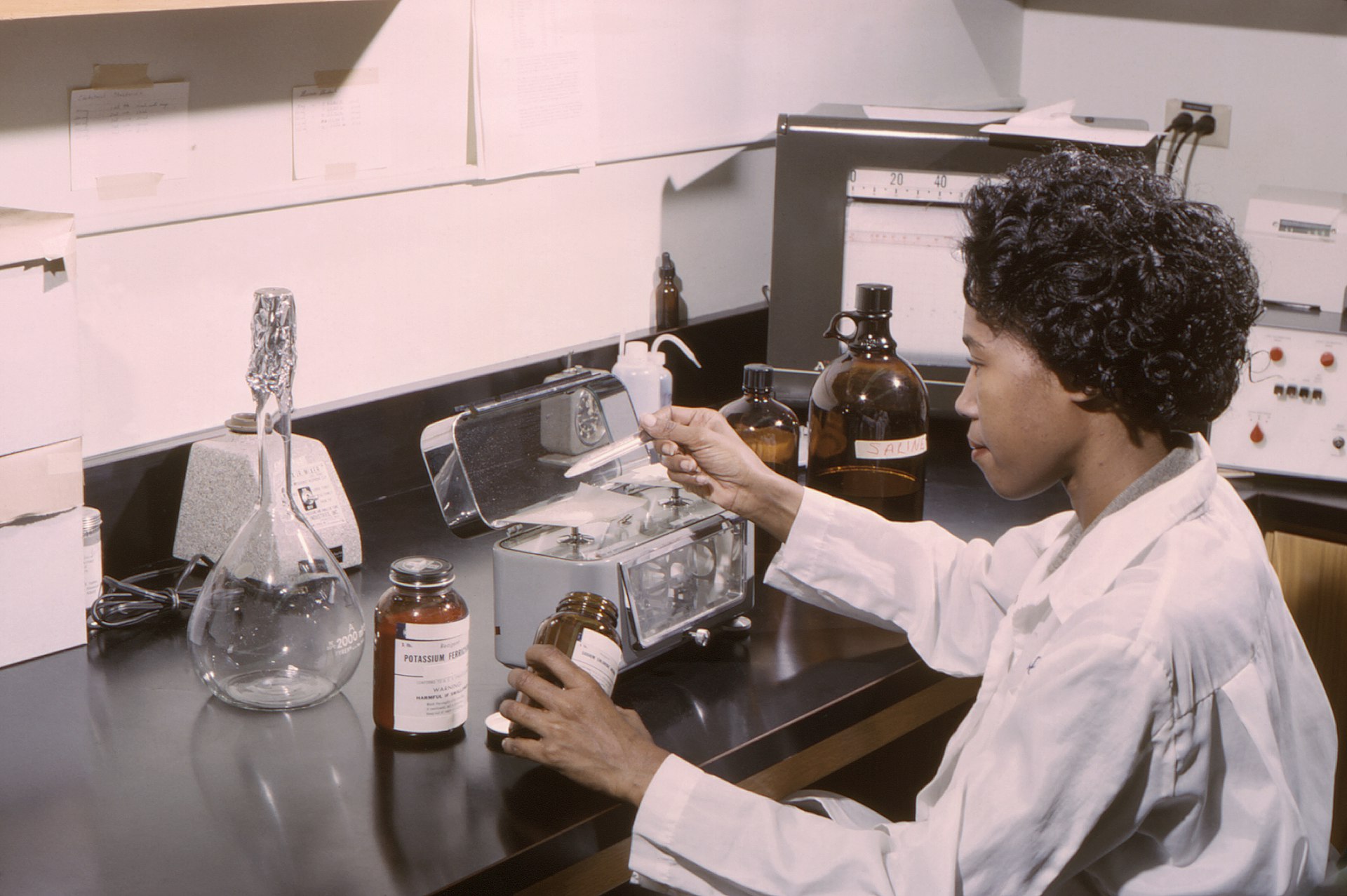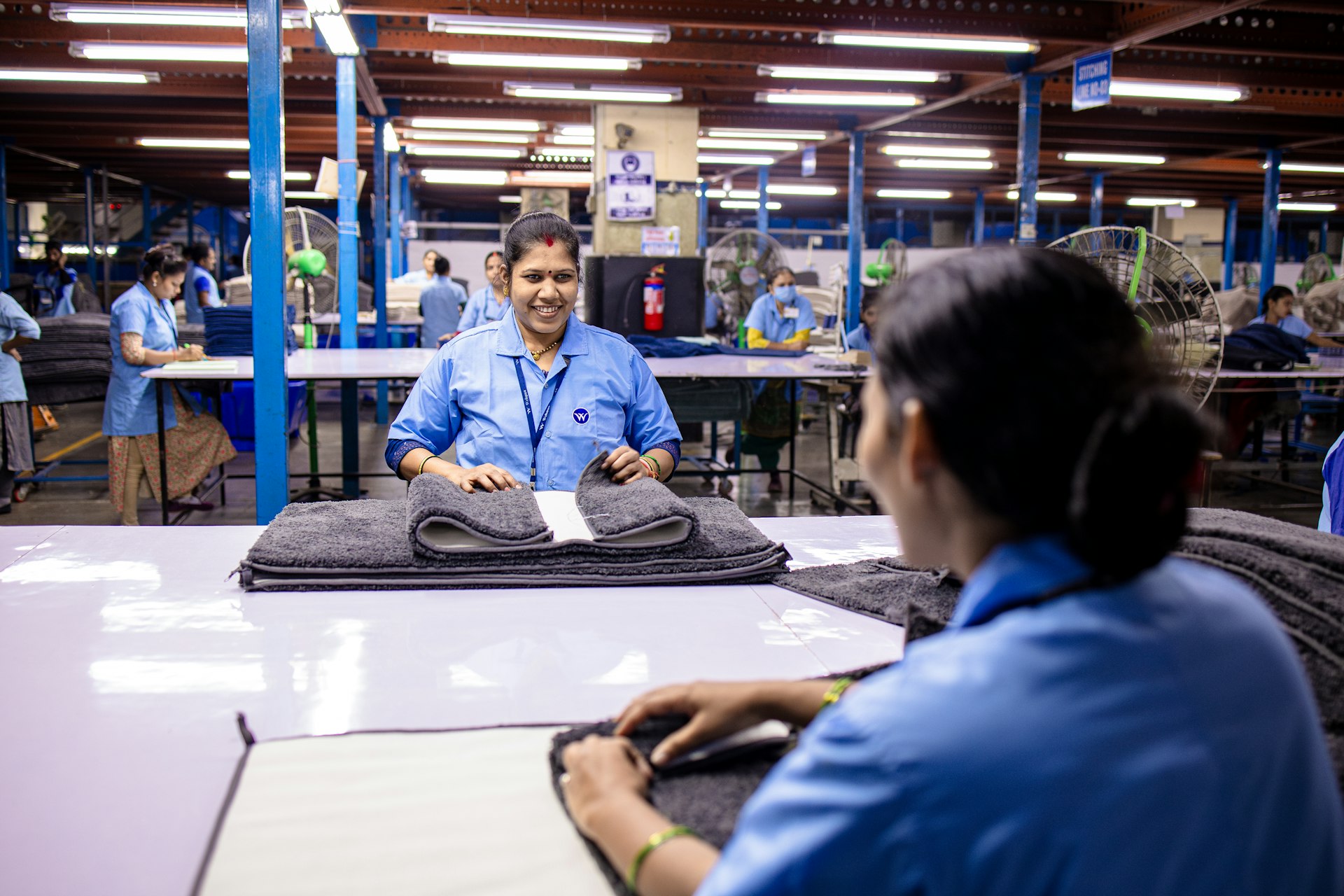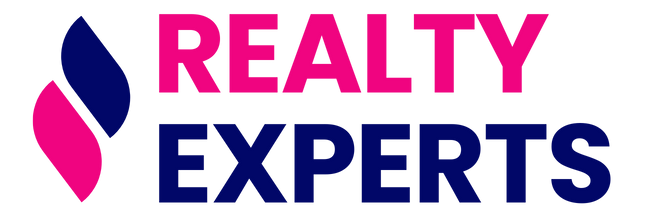Maximizing Student Potential: What to Know About Career Day in School

Photo by Dillon Lobo on Unsplash
Introduction: Understanding Career Day in Schools
Career Day is a structured educational event where professionals from various industries visit schools to share insights about their careers, offer guidance, and help students connect classroom learning with real-world job opportunities. These events are designed to expose students to a broad spectrum of career paths, broaden their understanding of the working world, and inspire informed decision-making about their futures. Career Days are organized in both elementary and secondary schools and can be conducted in-person or virtually, depending on resources and circumstances [1] [2] .
When Is Career Day Held in Schools?
There is no universal date for Career Day. The timing of Career Day events varies by school, district, and region. In many U.S. public school systems, Career Days are typically scheduled once per academic year, often during the spring or fall semesters to align with career awareness initiatives and college readiness timelines [1] . Some schools may organize multiple Career Days throughout the school year, especially if they serve large populations or have specialized programs.
To find out the exact date for Career Day at your child’s school, consider the following steps:
- Check your school’s official calendar, often available on the district or school website.
- Contact your school’s main office or guidance counselor for specific event dates.
- Look for notifications in newsletters, emails, or parent-teacher communication portals.
Because scheduling is local, it is important to reach out directly to your school for the most accurate information. If you’re interested in participating as a speaker or volunteer, inquire early in the school year, as many schools coordinate these events months in advance.
What Is Career Day at School?
Career Day is an interactive learning event designed to introduce students to a variety of career options by inviting working professionals to share information about their jobs, industries, required education, and personal career journeys [2] . The event typically includes:
- Guest presentations from professionals in diverse fields
- Q&A sessions for students to ask about daily responsibilities, skills, and education
- Interactive demonstrations or hands-on activities
- Workshops or breakout sessions focusing on specific industries
- Opportunities for students to network and reflect on their interests
Career Day is structured to help students:
- Connect school subjects to workplace applications
- Gain exposure to professions they may not have previously considered
- Understand the educational pathways and skill sets required for different jobs
- Develop communication and interpersonal skills by interacting with adults
- Start forming long-term career goals and plans [3]
Benefits of Career Day for Students
Participating in Career Day offers a range of benefits for students at all grade levels:
1. Exposure to Diverse Careers: Career Day exposes students to a wide range of professions, including those in STEM (Science, Technology, Engineering, Math), healthcare, arts, trades, and entrepreneurship. Meeting professionals can help students see new possibilities and broaden their career aspirations [4] .
2. Real-World Connection: By learning directly from people working in various fields, students can better understand how what they learn in school applies to real-life work environments. This can make academic subjects feel more relevant and increase motivation to excel in school [2] .
3. Inspiration and Goal Setting: Hearing about different career journeys can inspire students to set personal goals, pursue extracurricular activities, and seek out educational opportunities that align with their interests.
4. Skill Development: Career Day encourages students to practice their communication, listening, and networking skills, all of which are valuable for future academic and professional success.
How Career Day Is Structured
While the format of Career Day can vary between schools, several common approaches are used:
- Panel Presentations: Professionals share their experiences and answer student questions in a group setting.
- Classroom Visits: Guest speakers rotate through classrooms, offering more personalized interaction.
- Workshops and Demonstrations: Students participate in hands-on activities related to specific careers, such as coding challenges, engineering tasks, or health science demonstrations.
- Virtual Career Days: Some schools utilize video conferencing tools to connect students with professionals from around the world, expanding access and flexibility [2] .
Schools may also incorporate preparatory lessons before the event to help students research industries and develop thoughtful questions. After Career Day, reflection activities-such as essays or group discussions-encourage students to process and apply what they’ve learned [1] .
How to Access and Get Involved in Career Day
If you are a student or parent interested in participating in or attending Career Day, here are actionable steps you can take:
- Contact your school’s guidance counselor or main office to inquire about scheduled Career Day events and opportunities for involvement.
- Check your school or school district’s official website for event announcements and volunteer sign-up information.
- If you are a professional or parent who wishes to present, express your interest early in the school year. Schools often seek a diverse group of speakers representing different backgrounds and industries.
- For virtual Career Days, ensure you have access to the required technology and follow the school’s instructions for participation.
If you are unable to find information online or through official channels, consider reaching out to your school’s parent-teacher association or local business organizations, as they often play a role in organizing or supporting Career Day events.
Best Practices and Tips for a Successful Career Day
For schools and organizers, ensuring a successful Career Day involves thoughtful planning and clear communication with all participants. Some best practices include:
- Invite a diverse group of professionals to provide broad exposure to various industries and backgrounds.
- Support presenters with clear guidelines, event schedules, and information about the audience’s age and interests.
- Prepare students in advance with research assignments and question prompts to maximize engagement.
- Collect feedback from students and presenters after the event to continually improve future Career Days.
For students, making the most of Career Day means being curious, asking questions, and keeping an open mind about new career possibilities. Take notes during presentations, reflect on which professions interest you most, and consider following up with presenters for additional information or mentorship opportunities.
Alternative Approaches and Ongoing Opportunities
While Career Day is a powerful event, career exploration can and should continue throughout the school year. Schools may offer:

Photo by Joshua Hoehne on Unsplash
- Job shadowing programs, where students spend a day observing professionals in the workplace
- Internship opportunities for older students
- Career-themed clubs or extracurricular activities
- Online career exploration platforms and virtual job tours
You can learn more about work-based learning programs and alternative career exploration opportunities by visiting your school’s counseling office or searching for “work-based learning” on your district’s official website.
Summary: Key Takeaways
Career Day is an essential experience that helps students connect classroom learning to real-world careers, explore new professions, and develop skills for future success. While the timing and structure of Career Day vary by school, the benefits-exposure, engagement, and inspiration-remain consistent. To learn more or get involved, begin by reaching out to your school’s staff and exploring local resources. Career exploration is ongoing; Career Day is just the beginning.
References
MORE FROM realtyexperts.ai













